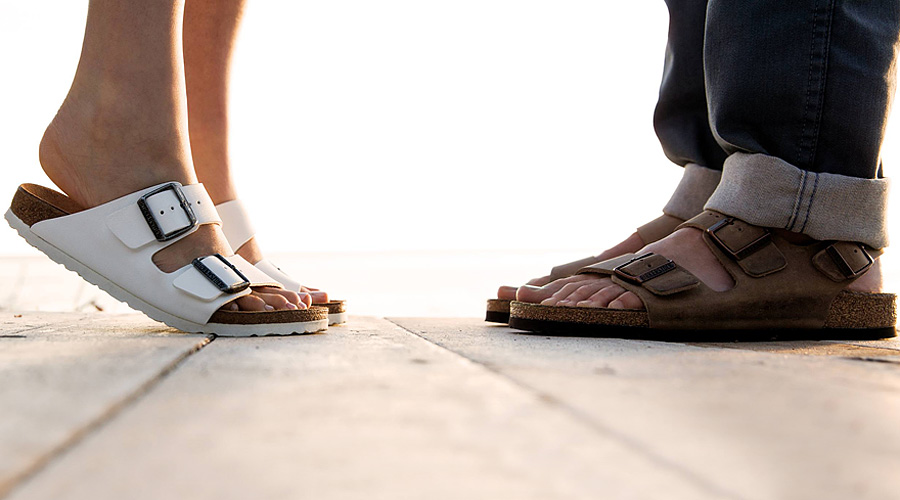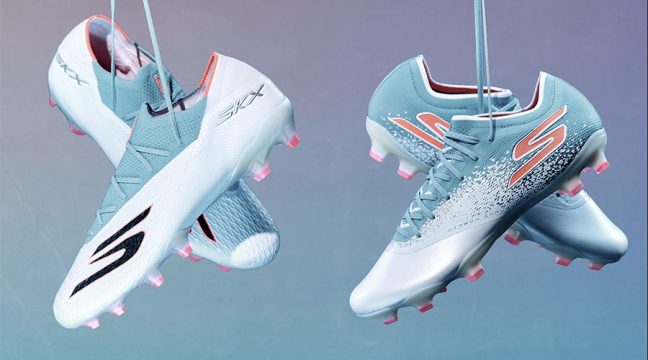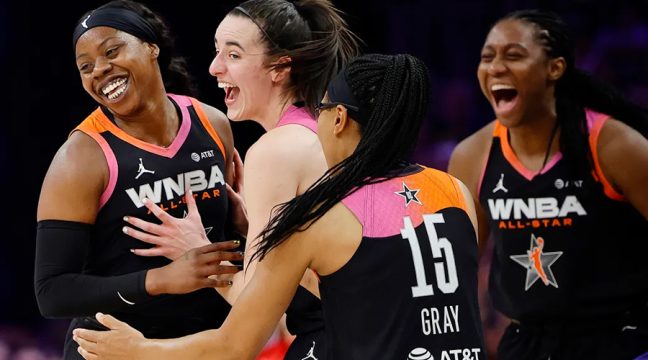Can MAP policies work with the online retail giant or must brands go cold turkey?
By Thomas J. Ryan
Birkenstock will no longer sell on Amazon.com, nor with third-party merchants that do business on the site, beginning January 1. Should other active-lifestyle brands also exit the world’s largest marketplace?
Birkenstock officials said a rampant increase in counterfeits and overall unauthorized selling on the website led to its decision.
“The Amazon marketplace, which operates as an ‘open market,’ creates an environment where we experience unacceptable business practices which we believe jeopardize our brand,” Birkenstock USA CEO David Kahan wrote in an e-mail to the shoe manufacturer’s retail accounts. The letter called out “postings by sellers proven to have counterfeit Birkenstock products.” It also cited “a constant stream of unidentifiable unauthorized sellers” that show a “blatant disregard” for pricing policies.
Kahan added, “Policing this activity internally and in partnership with Amazon.com has proven impossible.”
Birkenstock has lately seen more counterfeits at a time when the brand’s sandals are undergoing a resurgence. For the third year in a row, Google named Birkenstock as the top footwear query in its 2016 back-to-school searches, from June to July 20. Birkenstock was not only the leading entry but up 46 percent year over year, beating out Nike’s Jordan and Chaco.
Perhaps that’s because it’s getting tougher to find legitimate Birkenstocks on places like Amazon.
Also growing in popularity in its own right, Amazon has been facing more counterfeit complaints, with many of the problems traced to third-party sellers. More than 40 percent of unit sales on the site are sold through its third-party Amazon Marketplace.
An article on CNBC.com in early August said the rise in complaints is the result of Amazon targeting Chinese manufacturers. But part of the problem is also that fake products often find their way into the “Fulfillment by Amazon” program, thereby legitimizing them. Amazon often bundles inventories at fulfillment centers, sometimes leading to counterfeit items from one merchant being sold by another. Fake reviews also support counterfeit sales.
Birkenstock’s policy is also aimed at legitimate sellers using Amazon’s third-selling marketplace to violate its minimum advertised price (MAP) policies.
“We realize that many of our best brick-and-mortar retail partners play by the rules and have found incremental sales as third party sellers. We are appreciative of the way you ‘play the game’ and of the responsible support you have given to the brand,” wrote Mr. Kagan to retail accounts. “However, Amazon has made it clear that the only way to achieve a ‘clean’ environment (no counterfeits and no unauthorized sellers) is to sell our complete product offering to Amazon directly. We believe this decision does not align with the long-term health of our brand or your business objectives.”
For its part, Amazon itself (minus its third-party sellers) claims it won’t lower prices unless it sees others doing so.
While other active-lifestyle brands may not be willing to dump Amazon completely, they are attempting to better enforce MAP policies with the online retailing giant.
In reporting its latest results for the quarter ended June 30, Italian optics company Luxottica Group said it took a hit in sales as it enforced MAP across all its proprietary brands in the United States, including Ray-Ban
“One very large online client, that begins with an ‘A’, actually has decreased their sales by 90 percent over the last two weeks,” said Paolo Alberti, Luxottica’s EVP wholesale. “Months from now the average unit price for our Ray-Ban sales will go up and that’s going to help all our business, both retail and wholesale.”
To help enforce MAP, Luxottica is now embedding RFID tags into Ray-Ban products so it can determine where violators bought their product through the so-called gray market.
While that’s likely welcome news to retailers trying to hold prices, the jury is still out on MAP policies as many smaller specialty retailers feel that they have been unevenly enforced, especially when it comes to larger competitors.
Photo courtesy Birkenstock USA










